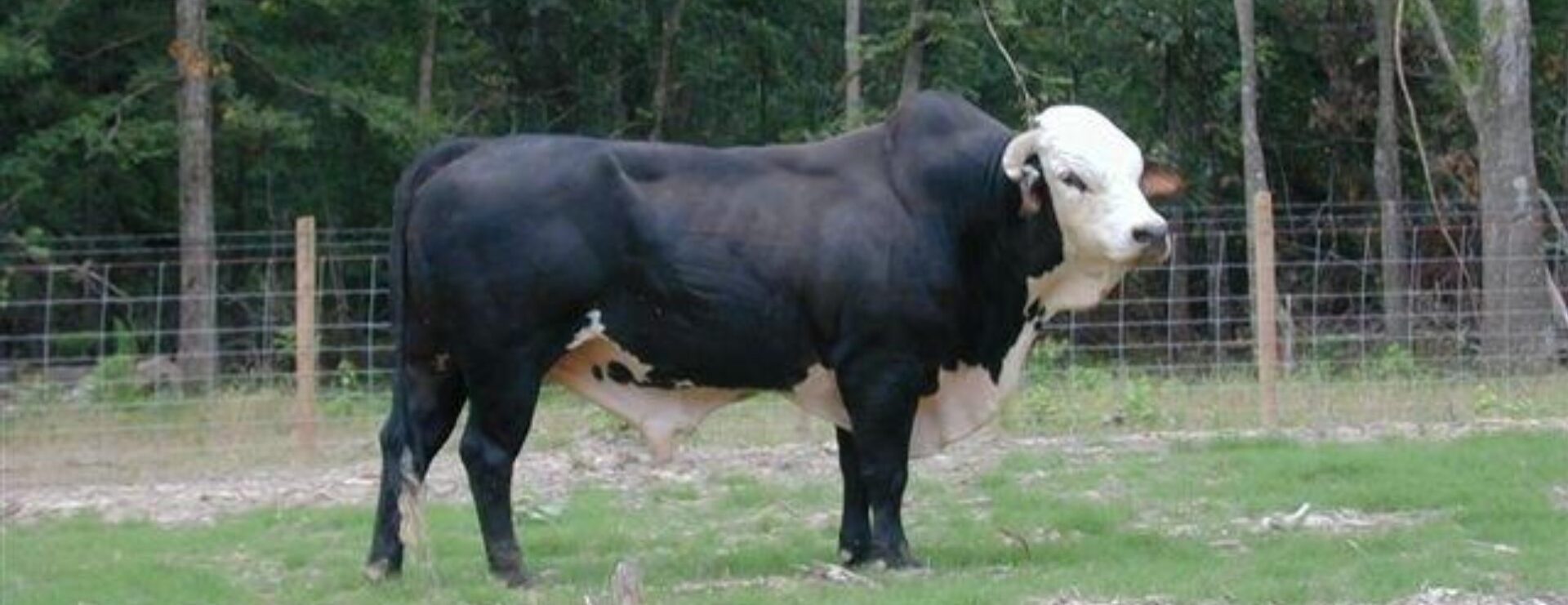by Terry Lidral

For a newborn calf, the first hours of its life can make the difference between a healthy animal and one that is stricken with health issues and even death. A calf is born without any defenses against diseases from bacteria and viruses. The cow’s colostrum, the first sustenance a calf gets from nursing off its mother, contains vital antibodies in the form of immunoglobins. Without colostrum, the calf will have no defense against diseases.
The immunoglobins specific to colostrum must be absorbed into the calf’s gut. And there is a short window of time in which the calf’s gut will be able to properly process these antibodies. Veterinary experts consider the first hour and the first nursing to be the most important meal in a calf’s life.
Although there is a 24-hour time span where calves can process the antibodies into their gut, the absorption efficiency decreases with each passing hour. And the quality of the colostrum, as well as the amount received, determines the level of efficiency of the calf’s ability to fight off bacteria and viruses.

Because of the critical importance of a cow producing high-quality colostrum for a newborn calf, it is suggested that a cow be put on a high plane of nutrition during the last few months of pregnancy. The cow starts transferring immunoglobins from her blood serum to her mammary system about a month before giving birth with the process peaking a few days before delivering her calf. A healthy cow with a healthy immune system will be able to transfer the strong immunoglobins her baby needs to survive.
A high plane of nutrition is especially important for a first calf heifer approaching delivery. It is during the last few months of pregnancy that the mammary glands of the first calf heifer fully develop. How well they develop, in part, depends on the level of nutrition she receives. Her ability to adequately provide colostrum and milk for her calves is determined in her first pregnancy.
Extremely important are the supplements included in the cow’s diet. It is highly recommended, especially in the last trimester of pregnancy, to make sure a cow has adequate trace minerals of copper, zinc and selenium. Some experts recommend that organic forms of these trace minerals be used for the final few months before a cow gives birth.
Whether it be a proven producer or a first calf heifer, a high plane of nutrition and sufficient supplements up the odds of a healthy calf to add to your herd.
For orphaned or abandonned calves, colostrum is available commercially. Some experts suggest collecting good quality colostrum from a cow in your herd when the need arises. Colostrum can be frozen but must be carefully stored and thawed to maintain the integrity of the vital antibodies it contains.


